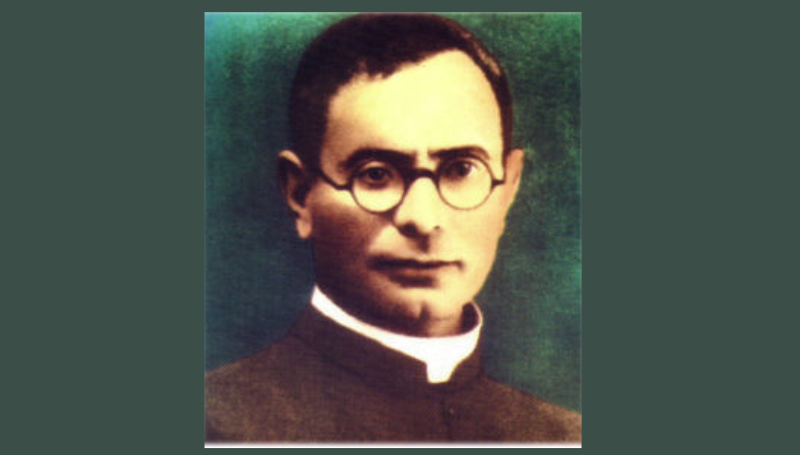Meir Y. Soloveichik
First Things, January 2024
“Anti-Semitism is not a hatred of difference; it is a hatred of Jews.”
The collection of Yad Vashem, Israel’s museum of the Holocaust and memorial to its victims, presents us with a chronicle of human barbarity and evil. But in its celebration of those “Righteous Gentiles” who protected Jews, it preserves a luminous moral and spiritual legacy. Among those individuals is Don Gaetano Tantalo, an Italian Catholic priest who had come to know two Italian Jewish families by the names of Orvieto and Pacifici during their vacations in his region. When the Nazis entered Italy, he hid these Jews, seven in all, for nine months, in his house and church.
Had he done only this he would have been remembered by our people as a hero, but he did much more. He facilitated the religious observance of his Jewish friends. As Yad Vashem recounts, “he was . . . sensitive to their religious requirements. He supplied them with Bibles [and] greeted them with ‘Shabbat Shalom’ every Friday evening.” Perhaps the most striking example of this service relates to Passover, a time when traditional Jews require special foods—above all matzah, unleavened bread—for the Seder, the celebration of Pesach and one of the central rituals of Jewish life. Don Tantalo supplied his Jewish friends with matzah, as well as “brand new dishes” to fulfill the requirement for kosher vessels and utensils. One can only imagine what this involved in 1944.
The most moving memento of this Seder is a simple piece of paper bearing a series of numbers written in Don Tantalo’s hand. This, Yad Vashem tells us, is a calculation of the Jewish calendar written out by the priest so that his Jewish friends would know when their holiday occurred. It is the gift of Jewish time itself.
… [To read the full article, click here]


